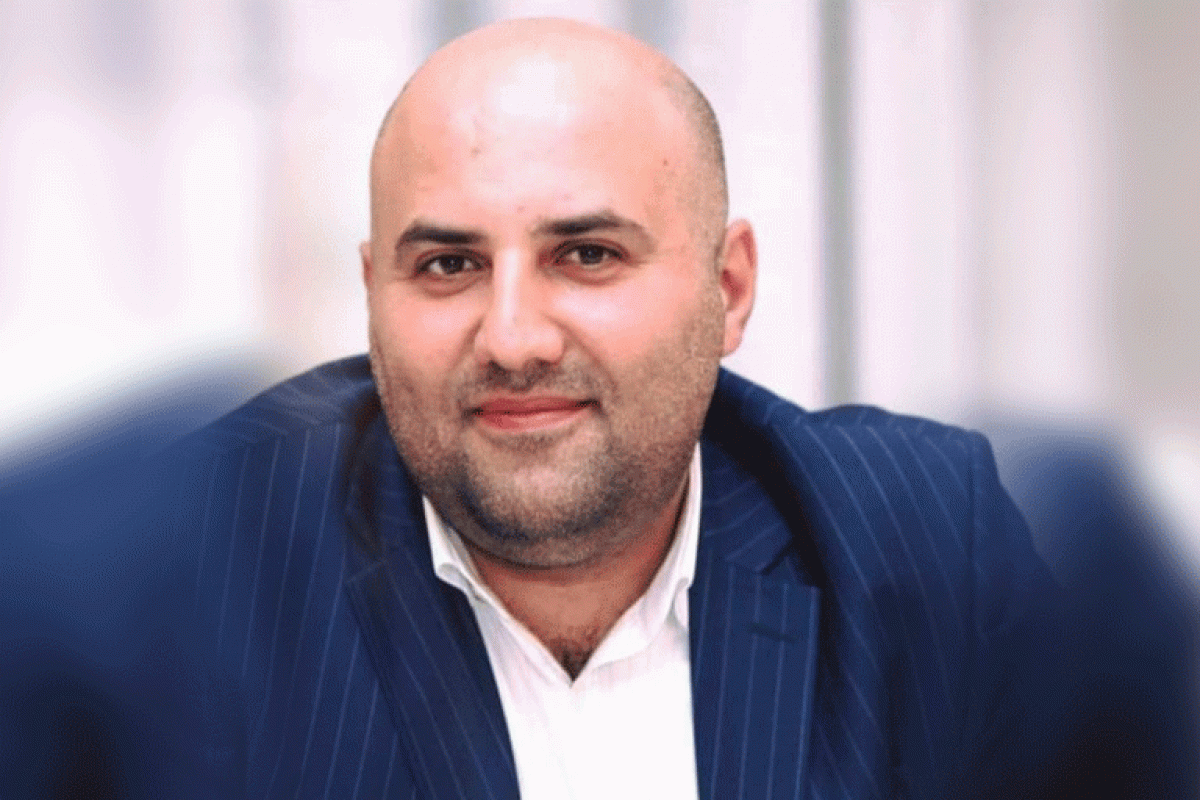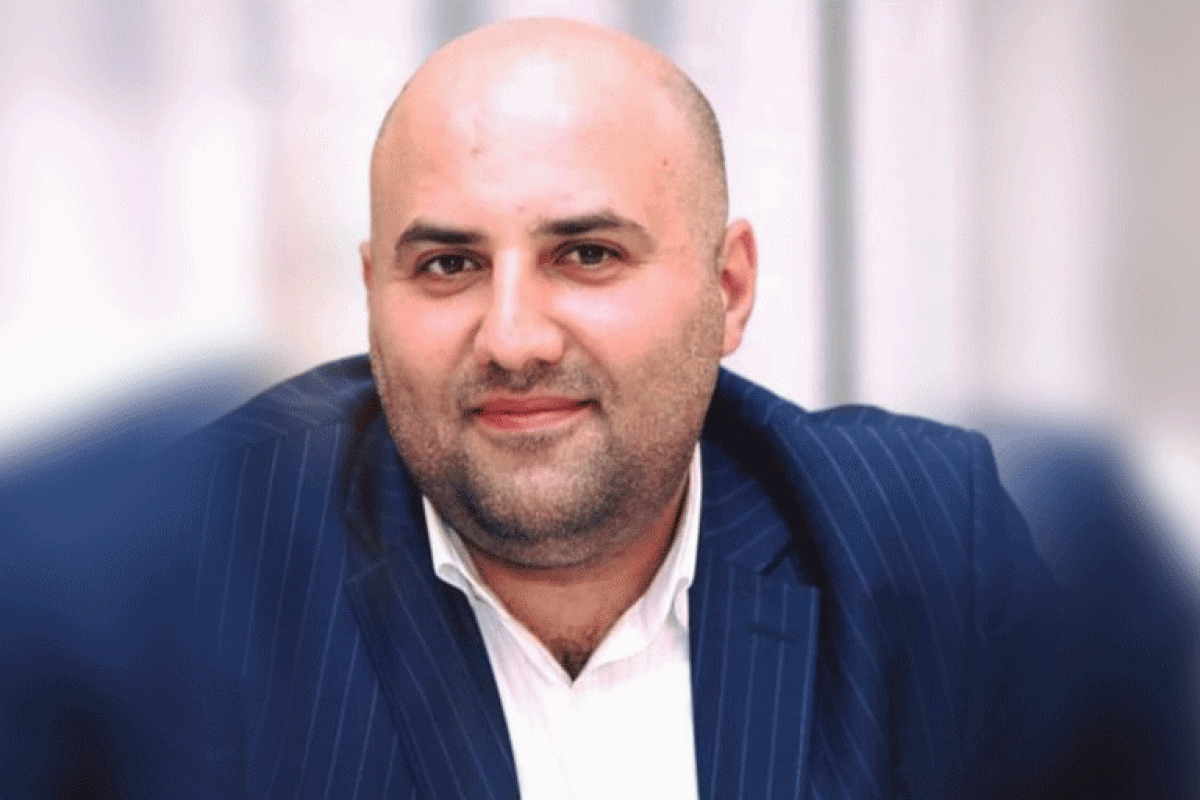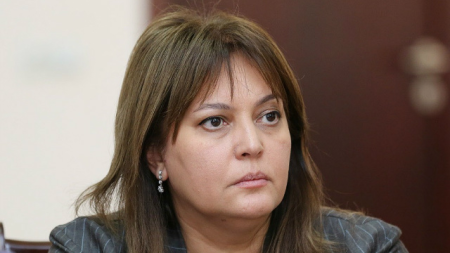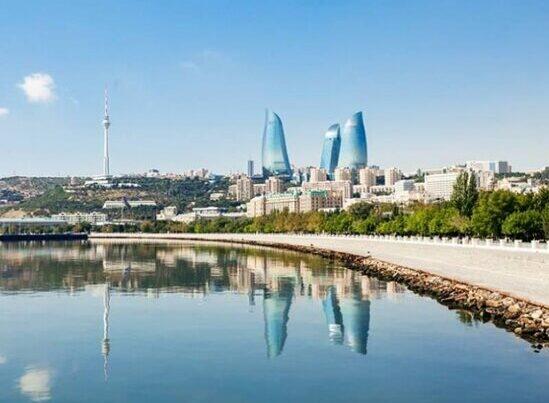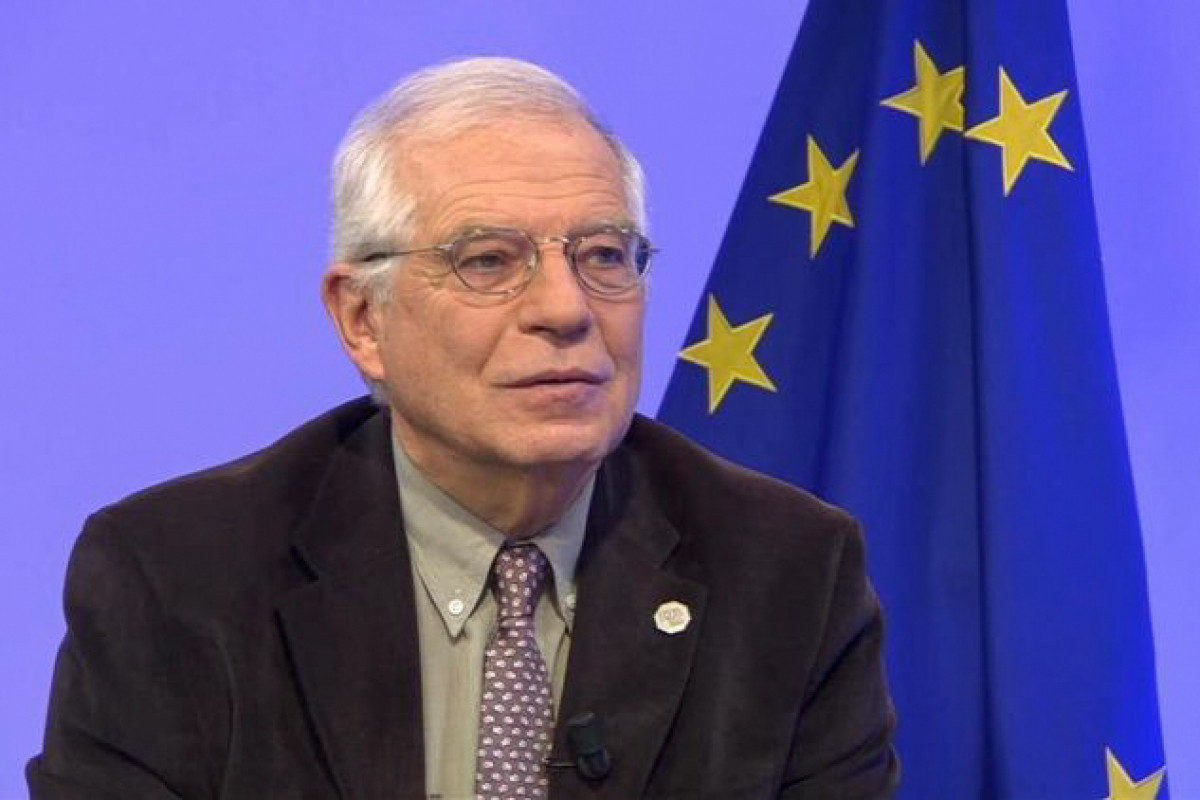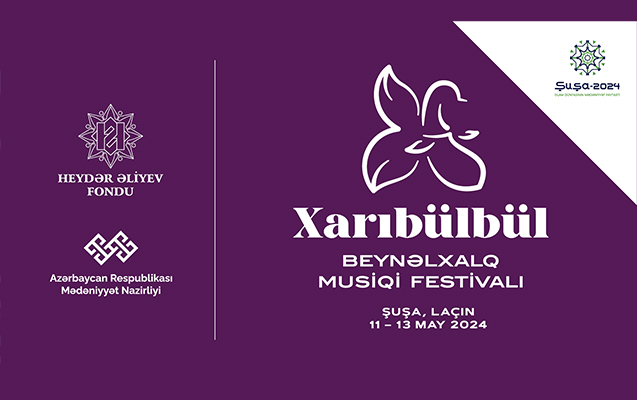An Explosion of Emotions in Georgia. What's Next? - EXPERT OPINIONS
- Smartbee
- Report

By Sabina Alizade
The political atmosphere in Georgia remains fraught as special forces deployed tear gas against demonstrators in Tbilisi. The protestors, rallying against the proposed "Transparency of Foreign Influence" bill, had blocked the entrances to the parliament building, leading to police intervention. The protestors responded by hurling objects, including plastic bottles, at the security forces who were attempting to clear the blockades.
According to News.az, sourcing Aktual.ge, the U.S. State Department has expressed its concerns, stating, "We are closely monitoring the protests. We urge the authorities and all citizens to respect the right to peaceful assembly, prevent escalation, and respect the rule of law."
The U.S. also fears the bill, if passed, could harm and stigmatize Georgian organizations and independent media crucial for informing and supporting the populace. The ruling party, however, argues that the law is essential for silencing dissent and undermining Georgia's dynamic civil society, potentially derailing the country's progress towards EU integration.
Josep Borrell, the EU's High Representative for Foreign Affairs and Security Policy, condemned the actions against the protesters. On his "X" social media account, Borrell stated, "I strongly condemn the violence against peaceful demonstrators in Georgia. As a candidate country for the EU, it is imperative that Georgian authorities guarantee the right to peaceful assembly. Suppressing peaceful protests through force is unacceptable."

The controversy surrounding the "Transparency of Foreign Influence" bill reflects deeper geopolitical tensions. Russian political analyst Yevgeny Mikhailov argues that suspending the bill's review is a setback for Georgian sovereignty and a victory for external influences. "This law, targeting organizations funded by the West, directly responds to Georgia's national security needs. Such organizations, operating with significant foreign funding, could potentially sway the political decisions of Georgian leaders at any moment," Mikhailov stated.
Mikhailov further noted that the temporary halt and reassessment of the bill signify the external pressure on Georgian politics, contrasting Georgia's situation with that of Azerbaijan, where Western influence is less pronounced.
"It is crucial for the future of Georgian statehood that the leadership navigates this ordeal successfully, maintaining neutrality and avoiding unnecessary confrontations," he added.

Amidst the ongoing turmoil in Georgia, Gela Vasadze, a noted Georgian political expert, addressed the complex dynamics at play. He argued that democracy aligns with Georgia's national interests and that the society broadly agrees on the country's strategic orientation. However, recent events suggest a puzzling shift in the political landscape.
According to Vasadze, the authorities had a clear pathway to win the elections quietly, yet the situation escalated unexpectedly. "Understanding the underlying truth here is essential," Vasadze emphasized. "We need to probe why the authorities are behaving this way. After winning the election, why this sudden change of direction? This is indicative of the intricate geopolitical maneuvering by our northern neighbor, Russia."
Vasadze elaborated on Russia's strategic interests, highlighting its desire to control key transport routes from China to Europe. "Russia aims to remain indispensable to China and Europe. However, facing isolation in transport and logistics, the only feasible route out is through the Caucasus—from Derbent through Azerbaijan to Georgia, potentially extending to Central and North Africa, and from the Baku-Tbilisi-Kars railway towards Southern Europe."
He further noted Russia's strategy to destabilize Georgia to facilitate these transport links, particularly through routes involving Abkhazia and Georgian ports, extending to Central Asia and from the South Caucasus through to the Middle East and North Africa.
"An official has suggested that this tumult was orchestrated to test the resilience of opposition forces in Georgia," Vasadze revealed. "The true stakes are the country's drift away from Western influence under Russian pressure, reversing the course of projects initiated two decades ago, such as the Baku-Tbilisi-Kars and Baku-Tbilisi-Ceyhan gas pipelines."
Vasadze concluded, "Behind the facade of democracy are profound geopolitical contests, determining not just the future of Georgia, but the balance of regional power."

Igor Korotchenko, military expert, and editor-in-chief of National Defense magazine explains that the proposed legislation, spearheaded by the ruling party founded by Bidzina Ivanishvili, seeks to regulate the financial activities of commercial organizations and media entities in Georgia, particularly those receiving significant foreign funding. The law mandates that any entity with over 20% of its funding from abroad must declare itself, aiming to curb the influence of radical political forces that may destabilize Georgia.
Korotchenko emphasizes that the primary aim of this bill is to safeguard the sovereign decision-making of the Georgian people regarding their future, with a clear focus on aligning with the European Union. Despite Georgia's status as an EU candidate since 1999, the path to full membership remains fraught with uncertainty.
Amidst these legislative efforts, street protests and parliamentary skirmishes have erupted, reflecting deep societal divisions. Korotchenko criticizes the opposition’s reliance on Western financial aid, suggesting that such dynamics could potentially lead to government overthrow attempts, branded as "color revolutions."
He highlights that while the Georgian government seeks to foster economic ties with Russia, contributing positively to the Georgian economy, the opposition continues to agitate for an anti-Russian stance, backed by foreign funding.
The law, according to Korotchenko, is not about imposing bans but about ensuring transparency in foreign affiliations, aligning with practices already existing in various EU countries and the USA.
Korotchenko argues that criticisms of the Georgian law as an emulation of Russian policy are misplaced, stating, "This law gathers the best legislative practices from the EU and the USA."
He stresses that the debate over the law is a manifestation of broader geopolitical interests and not an indication of Russian interference in Georgian affairs.
In conclusion, Korotchenko advocates for a balanced view of the situation, emphasizing the need for Georgia to protect its national sovereignty while pursuing its strategic aspirations towards EU integration.



